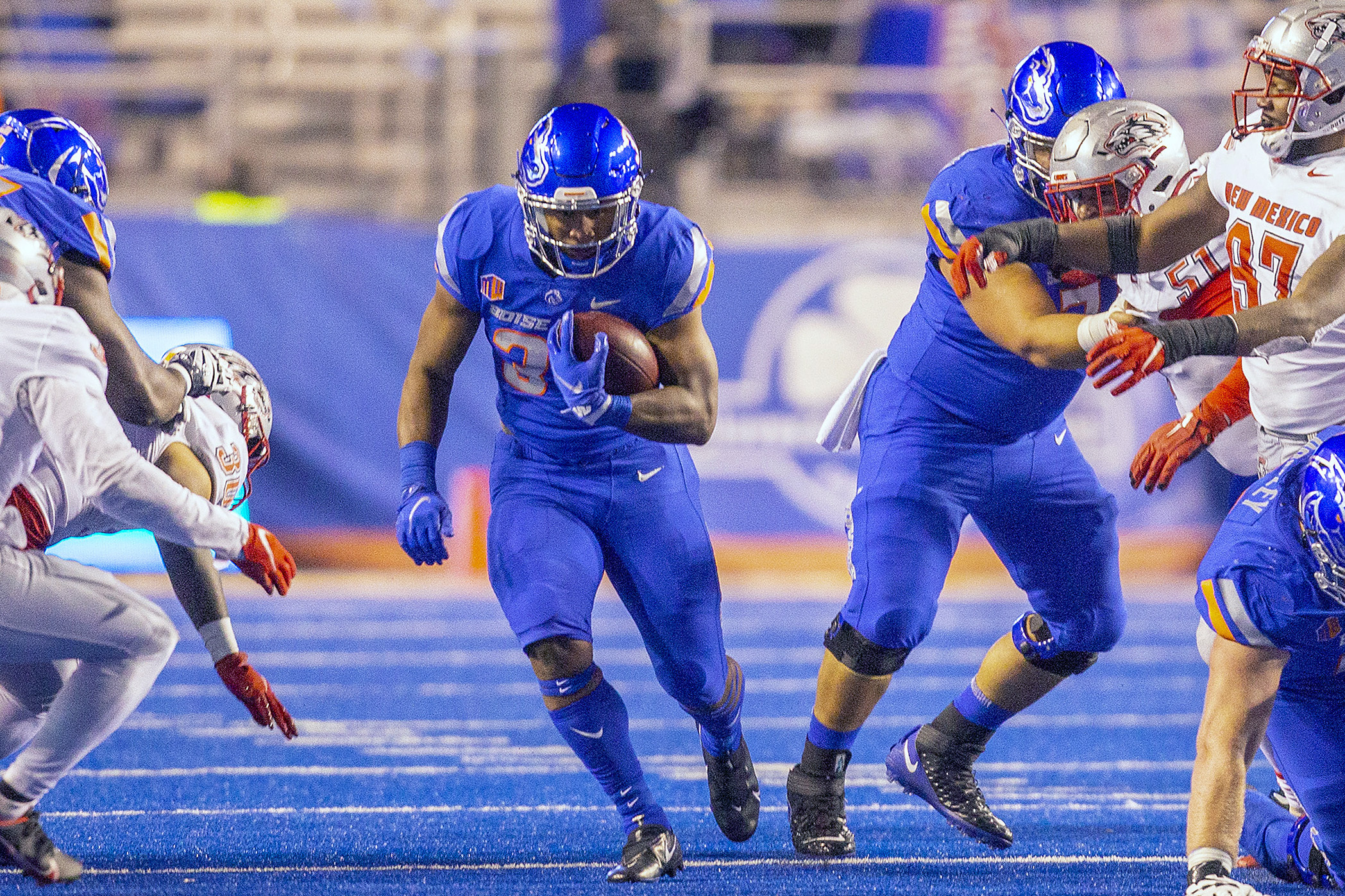The first year of NIL allowed thousands of athletes to cash in like never before.
But there’s still a major gap in NIL education, according to athletes, school officials, and experts. Many athletes don’t know how to even begin with NIL — and those that do either aren’t using school resources or think schools could be offering more.
- A recent NCAA survey found that in the first six months of NIL, a third of athletes want more help navigating the industry.
- Half said they wanted more help with taxes.
- An Invesco QQQ survey found that only 43% of athletes felt “very or extremely knowledgeable about managing their money,” according to Anna Paglia, the head of Global EFTs and Indexed Strategies at Invesco QQQ.
Athletes told Front Office Sports they want help with tangible skills — including financial literacy and contracts — rather than philosophical discussions. They want personal connections rather than emails and pamphlets.
Schools “need to not be scared,” UNT Keeper and former Vanderbilt kicker Sarah Fuller told Front Office Sports at the first annual NIL Summit. “They need to at least attempt to understand [NIL]. I think the worst thing you can do is put it off.”
The NIL Basics
From the richest Power 5 programs to the most modest Division III departments, schools have hired consulting agencies, brought in social media tools, and have even designated in-house NIL officers.
But despite the fancy press releases, the No. 1 question athletes are asking, according to Michael Walsh, Boise State’s Associate AD for Business Development and Revenue Innovation, is “Where do I start?”
“Having that foundation is essential for [athletes] not only to maximize the opportunities that they’re given, but also navigate what is basically a new industry,” Altius Sports Partners COO Courtney Brunious told FOS.
Athletes are looking for relatively simple skills.
Duke runner Emily Cole, who has built a successful NIL brand and written a nutrition book, said schools could simply help athletes navigate NIL marketplace apps. “All of my friends could be getting little deals now,” she told FOS at the NIL Summit. “That’s how you really get started.”
Right now, Opendorse is focusing on walking athletes through the company’s platform, CEO Blake Lawrence told FOS. At the NIL Summit, INFLCR had an entire booth dedicated to helping athletes with the app.
In some cases, athletes got the attention of brands by sending what are essentially NIL cover letters. Amherst football player Jack Betts, who has signed multiple deals despite being in D-III, said he believes schools could create and offer those “templates” to athletes.
From a structural standpoint, athletes are in favor of an in-house “NIL officer.” They want someone who can help them with personalized advice and finding outside counsel or resources.
But the burden shouldn’t be totally on athletes to learn how to navigate NIL. Brands and schools need to do their part too, experts say, in order for the ecosystem to thrive.
The Hard Skills
Once athletes get started with NIL, they need access to the same basic resources that any entrepreneur would: help with contracts, financial literacy, and taxes.
But it’s not always the most exhilarating subject matter.
“You have to inspire them and get their attention,” Stuart Rohatiner, a Florida CPA who teaches financial literacy to high school students, told FOS. To do that, Rohatiner is an advocate for incorporating former athletes in any financial literacy program.
Tapping into the emotional side of finances is also key. “Everything leads to the finances, but it’s not always about the finances,” Sandra Richards, Head of Global Sports and Entertainment at Morgan Stanley, told FOS. One example: “How can we bring someone in to talk about the psychology of money?”
Athletes are looking for quality lawyers or CPAs who can help them with money or contracts.
Brunious believes the best approach is teaching athletes how to evaluate potential partners. At the NIL Summit, attorney Darren Heitner suggested schools could find those partners for athletes — like law schools clinics that could offer pro bono contract advice. He said existing NIL lawyers can’t help every single athlete in the NCAA.
UCLA quarterback and NIL trailblazer Chase Griffin told FOS at the NIL Summit that “the schools that can provide all-around support…whether it be in school, or whether it be in this NIL space…those are going to be the schools that are sought after.”


![[Subscription Customers Only] Jun 15, 2025; Seattle, Washington, USA; Botafogo owner John Textor inside the stadium before the match during a group stage match of the 2025 FIFA Club World Cup at Lumen Field.](https://frontofficesports.com/wp-content/uploads/2026/02/USATSI_26465842_168416386_lowres-scaled.jpg?quality=100&w=1024)


![[Subscription Customers Only] Jul 13, 2025; East Rutherford, New Jersey, USA; Chelsea FC midfielder Cole Palmer (10) celebrates winning the final of the 2025 FIFA Club World Cup at MetLife Stadium](https://frontofficesports.com/wp-content/uploads/2026/02/USATSI_26636703-scaled-e1770932227605.jpg?quality=100&w=1024)











